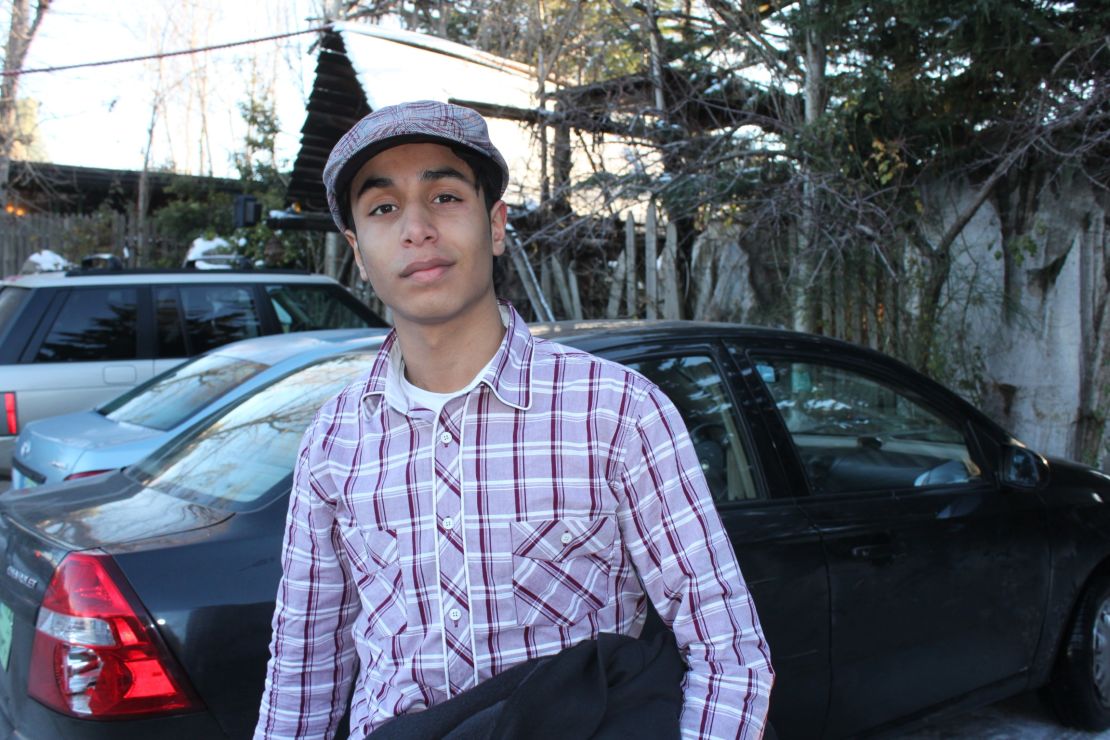Saudi Arabia is abolishing the death penalty for people who committed crimes as minors, the state-backed Human Rights Commission (HRC) said in a statement Sunday.
The decision was part of a royal decree, the statement said, and came two days after an announcement that public floggings would be banned.
Anyone who received a death sentence after being convicted of crimes they committed as a minor will receive a prison sentence of no longer than 10 years in a juvenile detention facility, the statement said. It is unclear when this decision is expected to be enacted.
It is also unclear whether public flogging has been fully or partially banned. The English version of the HRC statement indicated that flogging would be completely abolished, but the Arabic version said the practice would only be prohibited in instances where the punishment is at the judge’s discretion, and not for crimes where the punishment is dictated by Sharia law.
The Saudi government and HRC did not immediately respond to CNN’s requests for clarity about the flogging ban. Saudi state media and the ministry of justice have not issued an official statement on the decisions.
“This is an important day for Saudi Arabia made possible by King Salman and the Crown Prince Mohammad bin Salman,” HRC president Awwad Alawwad said, according to the group’s statement.

The royal decree could potentially spare several men from the country’s Shia minority, who allegedly committed crimes as minors, from the death penalty. Ali al-Nimr, an imprisoned anti-government protester, is the most prominent of these. The nephew of the executed firebrand cleric Nimr al-Nimr, Ali was arrested at the age of 17 and was given a death sentence.
Last year, CNN reported on Saudi teen Murtaja Qureiris who faced the death penalty for crimes he allegedly committed at the age of 13. The anti-government protester was spared execution after the report spurred an international outcry.
But there are fears that political prisoners may not benefit from the move. Rights group Reprieve on Monday said it had concerns about potential loopholes in the law and questioned whether it would be retroactively enforced.
“These will be nothing more than empty words as long as child defendants remain on death row. Mohammed bin Salman has been promising to ‘minimise’ the death penalty for years, but the kingdom continues to execute people convicted of attending demonstrations while they were still in school,” Reprieve director Maya Foa said in a statement.
The HRC has not stated if the move will apply to prisoners already sentenced to death.
“More reforms will be coming,” said Alawwad, who credited the Crown Prince’s Vision 2030 program, a drive to reform the kingdom’s economy and ultra-conservative social rules, for the move.
But bin Salman has also come under heavy criticism for stamping out dissent in the kingdom. Since he was elevated to crown prince in June 2017, he has sent scores of human rights defenders, businessmen and intellectuals to prison.
In October 2018, the killing of government critic and journalist Jamal Khashoggi at the kingdom’s Istanbul consulate sparked global condemnation. Although the Crown Prince denied involvement in Khashoggi’s murder, a United Nations investigator found “credible evidence” that bin Salman was responsible, dealing a heavy blow to the young leader’s reputation.
